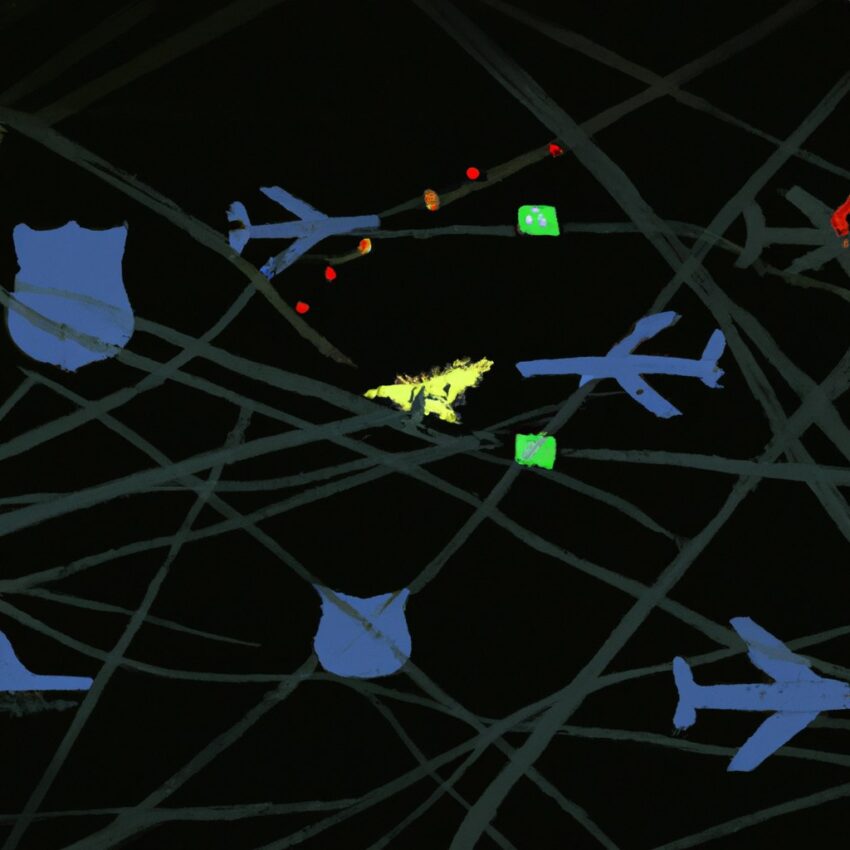The GPS interference has been particularly prevalent over the Baltic Sea, with about 46,000 aircraft reporting GPS problems since last August. The issues have been most noticeable in Eastern Europe, near the Russian border, indicating a targeted approach to disrupt aerial navigation systems which are crucial for both military and civilian aircraft.
The UK government highlighted the severity of this threat when an RAF plane carrying the Defence Secretary was jammed near Kaliningrad. While Downing Street downplayed the immediate danger to the aircraft, defense experts have labeled the act as “wildly irresponsible,” reflecting the broader risks associated with such interference.
The International Air Transport Association and the EU Aviation Safety Agency (Easa) convened a summit earlier this year to address the rise in GPS jamming and “spoofing” incidents. Despite these concerns, the UK’s Civil Aviation Authority reassured that aviation remains one of the safest forms of travel, with multiple navigational backups in place on commercial aircraft.
Airlines have reiterated their preparedness against such threats, with Ryanair and easyJet confirming that their aircraft are equipped with multiple navigation systems to ensure safety and compliance with standard operating procedures when GPS disruptions occur.
This ongoing situation underscores the pressing need for enhanced measures to protect aviation from sophisticated electronic warfare tactics that pose significant risks to safety and operational integrity.
Source: The Guardian
To mitigate potential threats, it is important to implement additional cybersecurity measures with the help of a trusted partner like INFRA www.infrascan.net, or you can try yourself using check.website.

